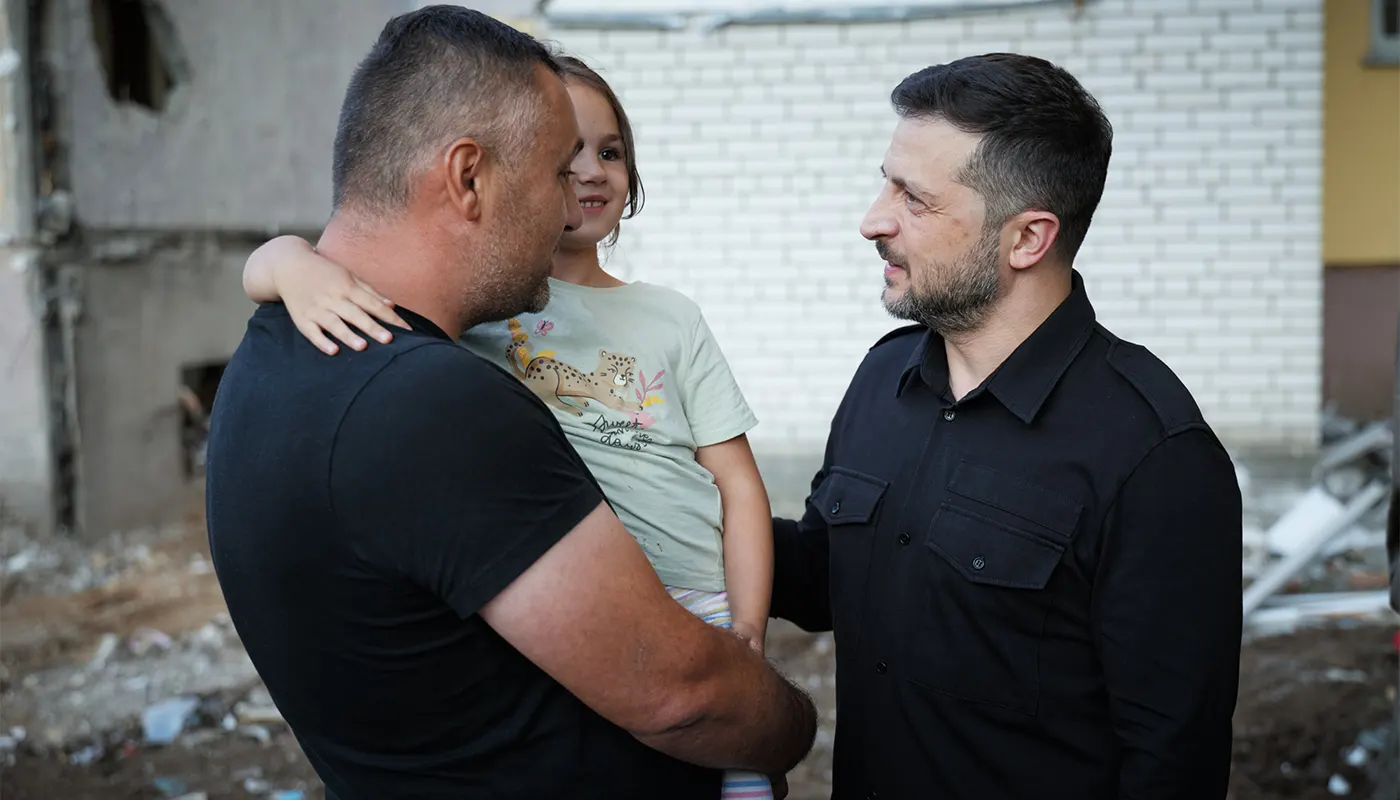KYIV — Zelenskyy Calls for Direct Talks with Putin Following Moscow’s Overture. Ukrainian President Volodymyr Zelenskyy has publicly called for direct peace talks with Russian President Vladimir Putin, responding to Moscow’s recent expression of willingness to enter negotiations, officials confirmed today.
Speaking via social media, Zelenskyy described Putin’s statement as “a positive sign” that Russia is finally considering talks—but reiterated that Ukraine will only engage if Moscow agrees to a full, lasting, and reliable ceasefire beforehand.
He underscored that progress requires moving beyond technical-level consultations to a leaders’ summit, while insisting that Kyiv remains in the driver’s seat in any such engagement.
Putin Signals Openness, but No Shift in War Goals
Russia’s President has publicly reaffirmed his support for talks, stating he seeks a “lasting and stable peace”, though without offering concessions or abandoning Russia’s territorial demands, including control of annexed regions and neutral status for Ukraine.
Putin emphasized that negotiations should unfold “without any preconditions,” yet Ukraine views this as empty rhetoric unless coupled with a ceasefire—a position echoed by Zelenskyy.
Western Mediation and Political Pressure
President Donald Trump hailed the developments, describing it as “a potentially great day for Russia and Ukraine,” and urged Moscow to meet U.S. and European pressure to commit to peace.
Ukraine’s chief of staff, Andriy Yermak, praised the U.S. for imposing a deadline on Russia, warning of sweeping sanctions unless progress is achieved—and affirming Ukraine’s refusal to accept sidelined negotiations.
Meanwhile, Zelenskyy reiterated that international mediators—including the U.S., EU, and possibly Turkey—should join any high-level talks to ensure balanced oversight and legitimacy.
Analysis & Context
- Zelenskyy is proposing a leaders’ summit attended by Ukraine, Russia, the U.S., and EU—potentially hosted in Türkiye, the Vatican, or Switzerland—but only on the condition of a Russian 30-day ceasefire starting May 12 that would precede any negotiations.
- This demand directly contradicts Russia’s framing of negotiations as contingent on Ukraine first complying with Kremlin conditions—suggesting potential geopolitical stalemate unless bold diplomacy emerges.
- European allies have backed Ukraine’s ceasefire proposal and stood with Trump in warning of sanctions if Russia fails to act.
- Despite diplomatic momentum, experts caution negotiations may stall over competing demands: Ukraine insists on sovereignty and NATO entry, while Russia holds red lines on territory and military non-alignment.
Source: Local News Agencies






